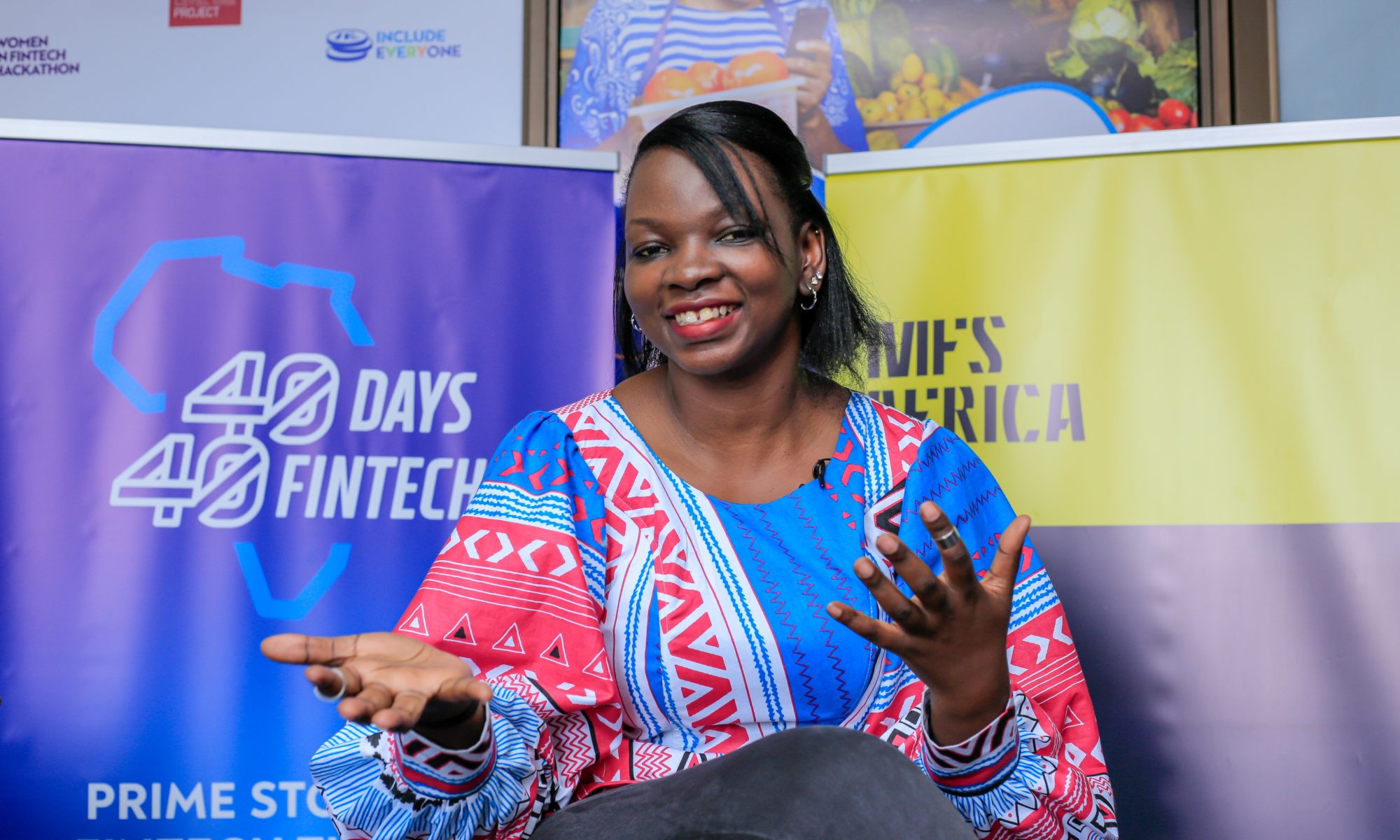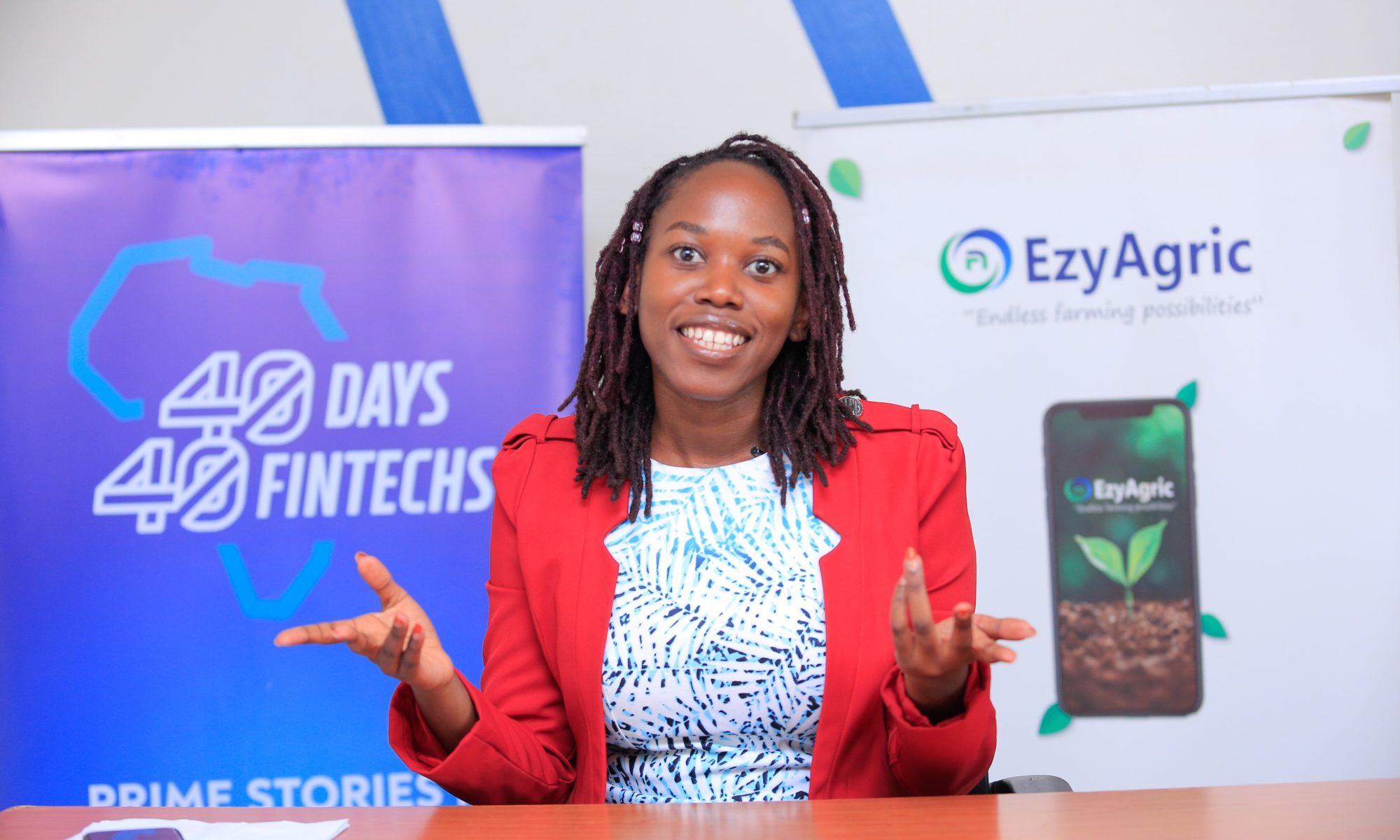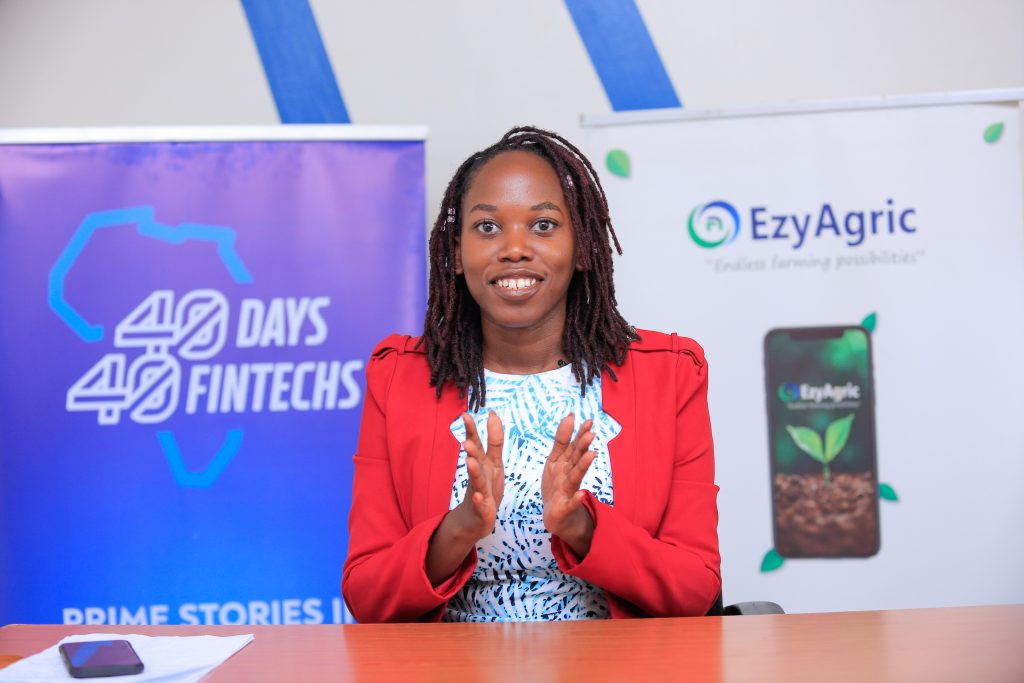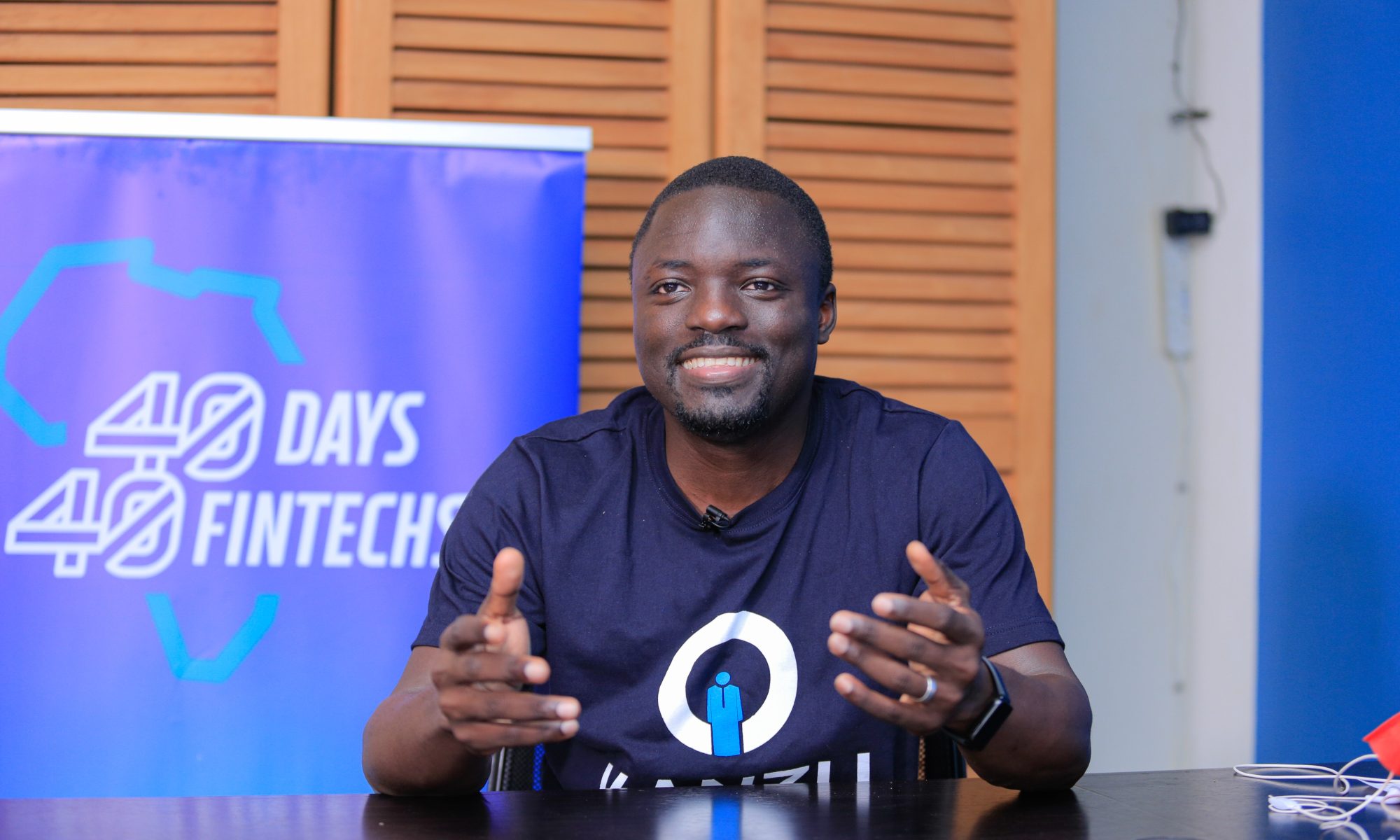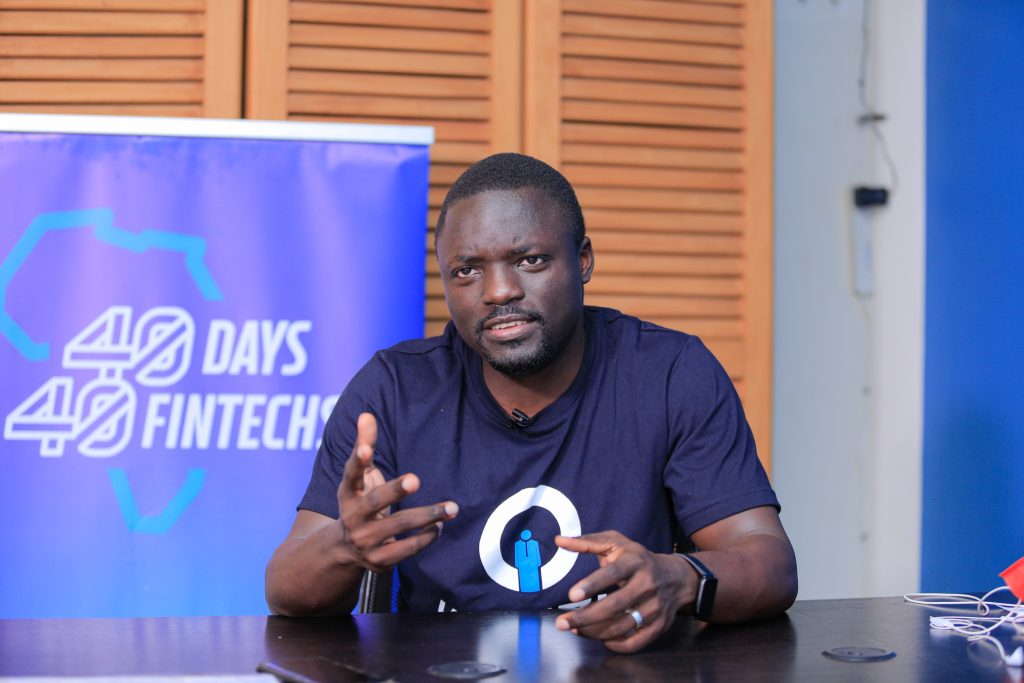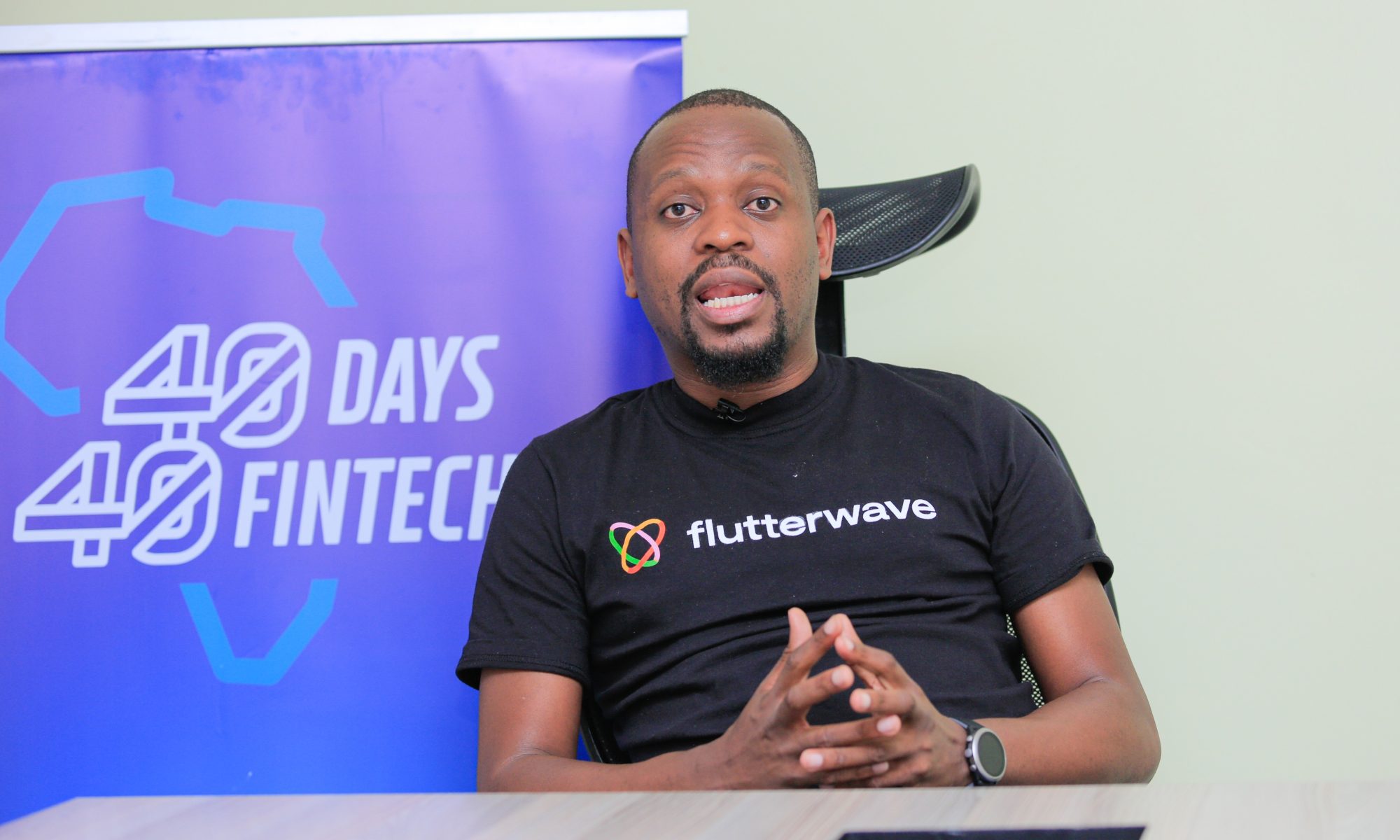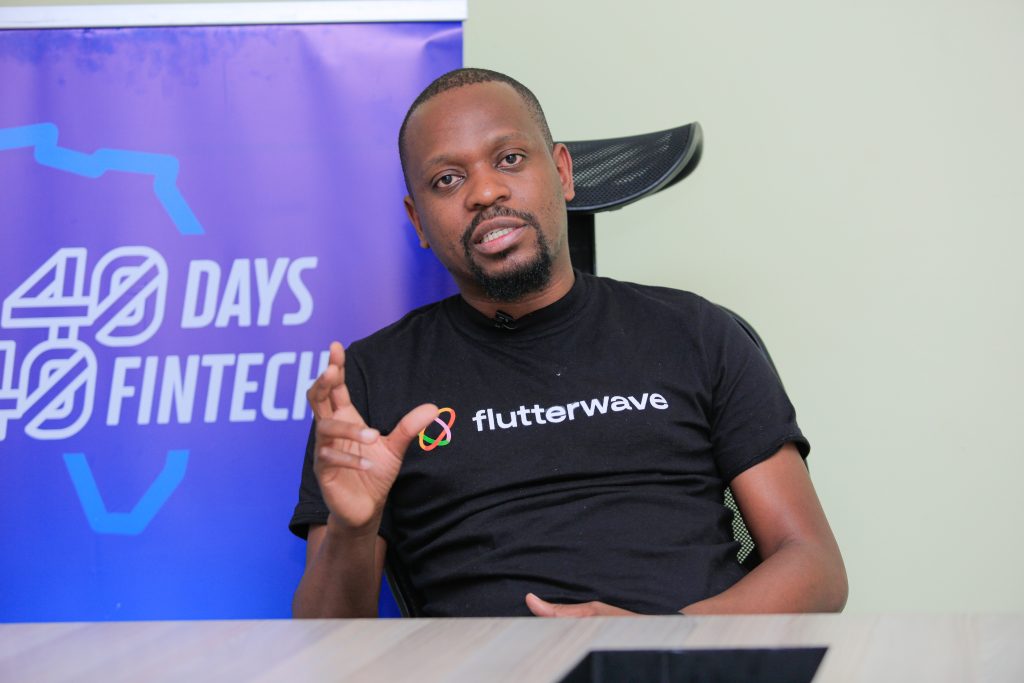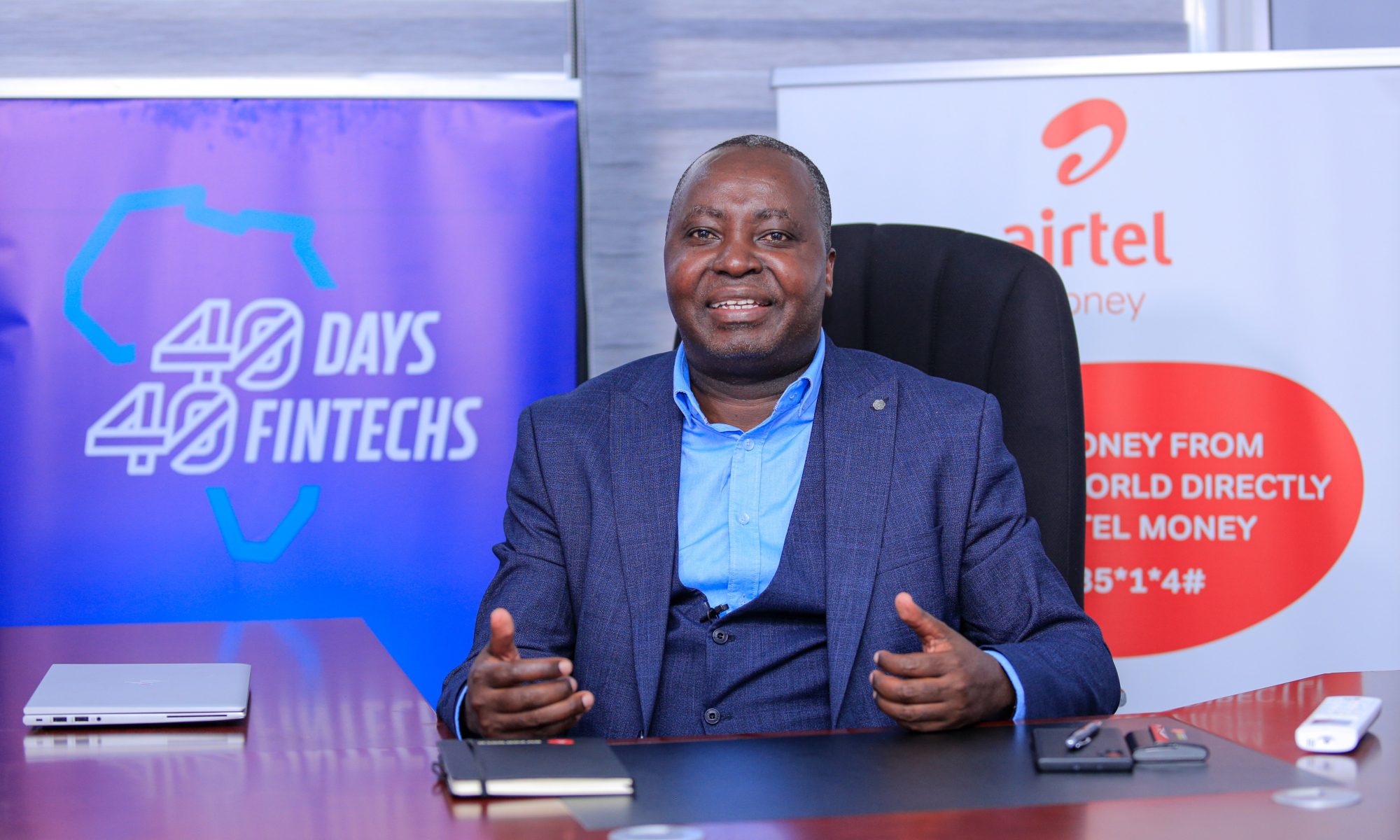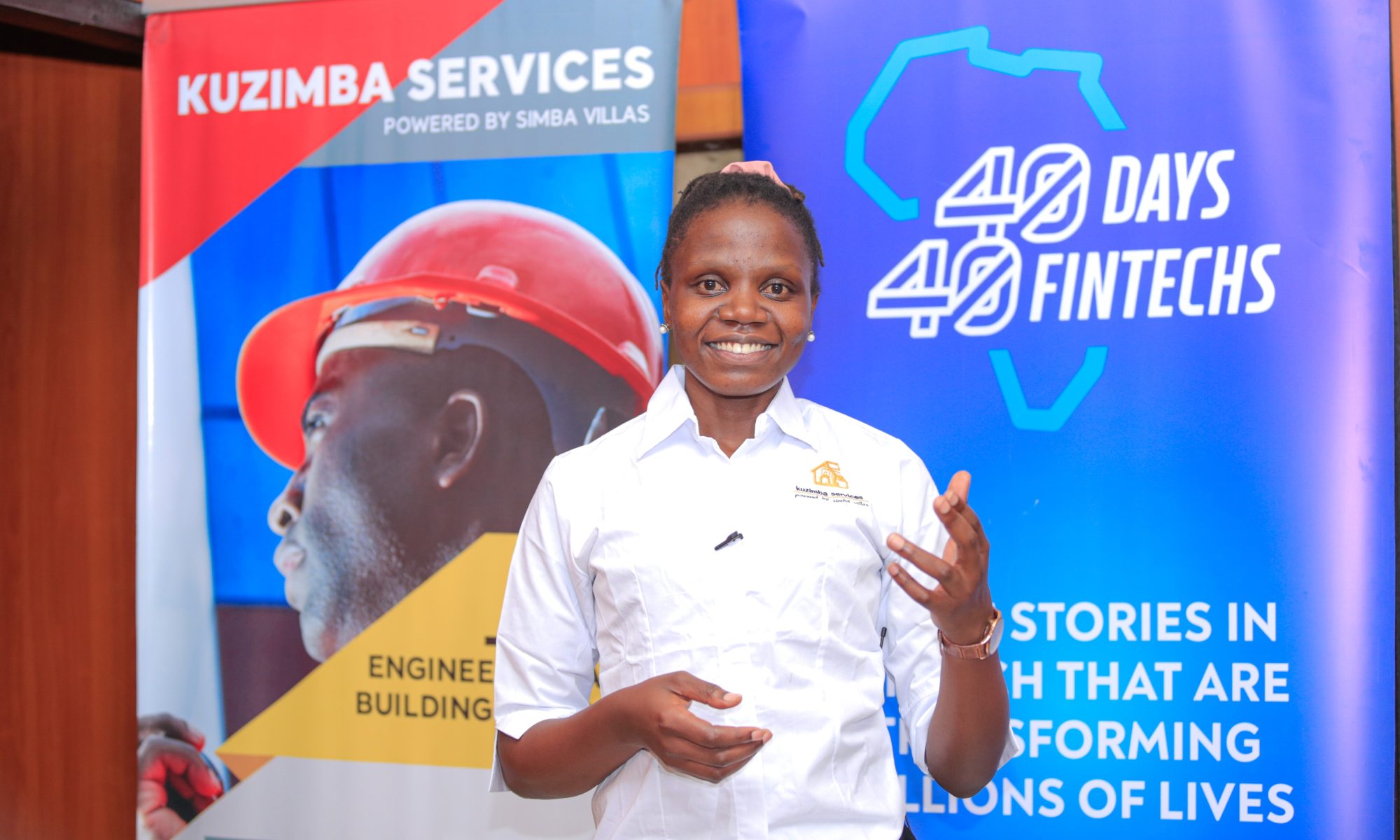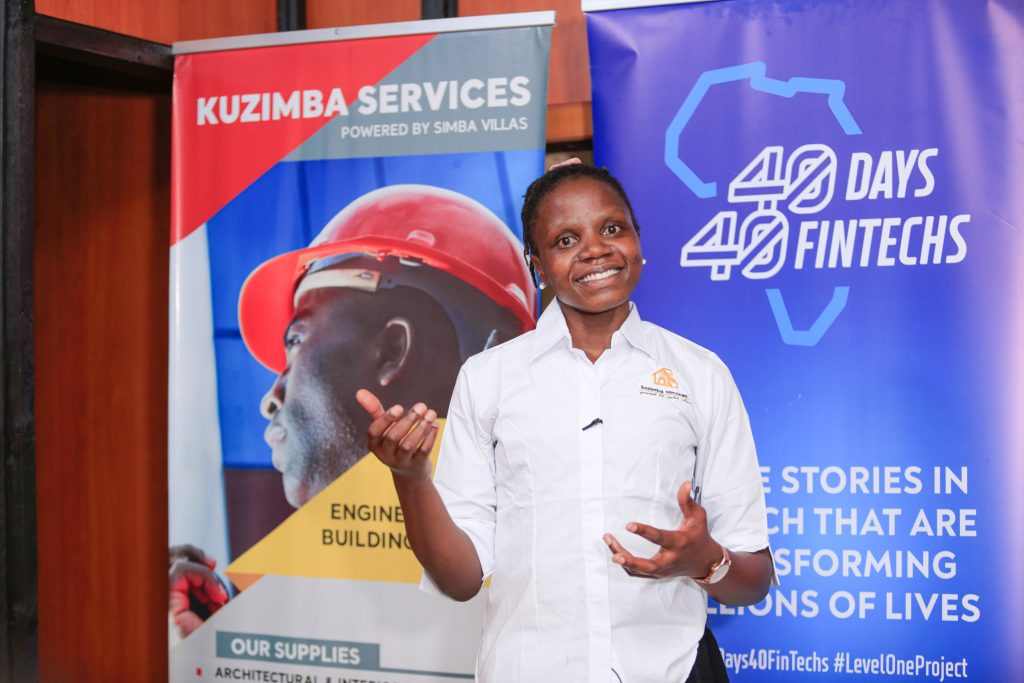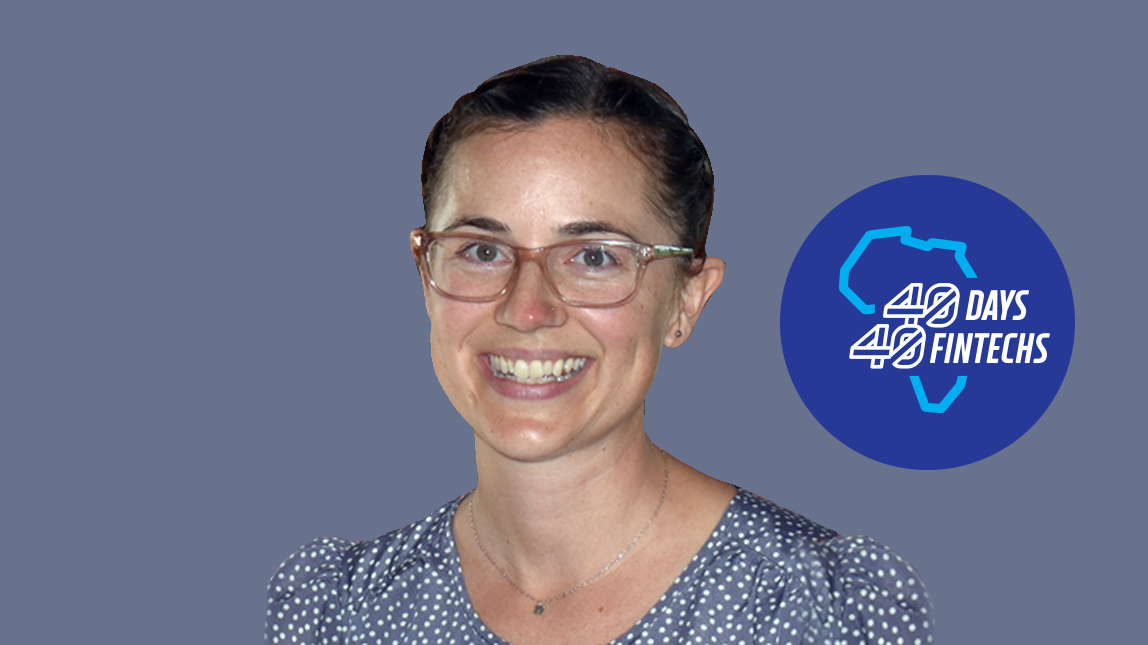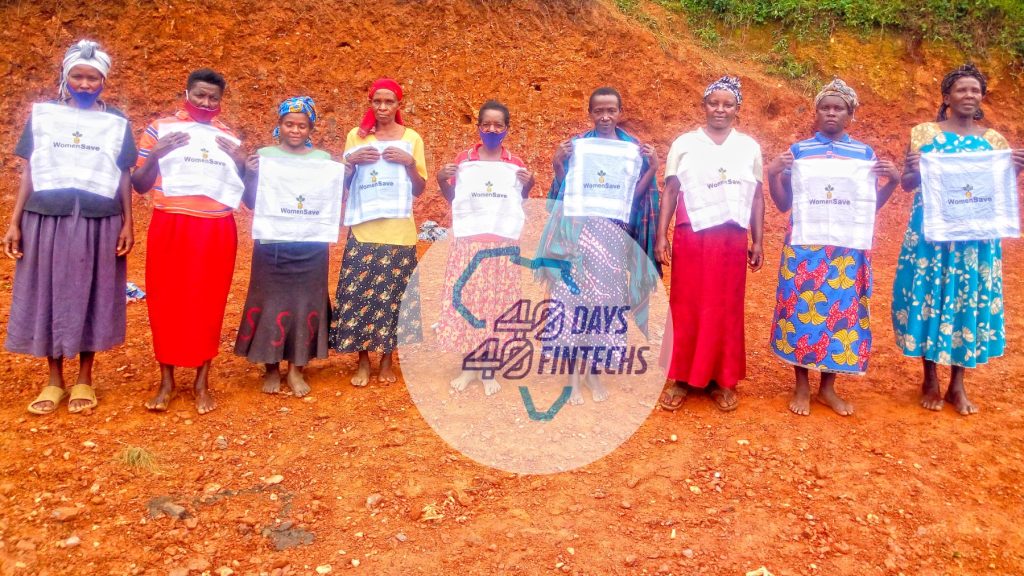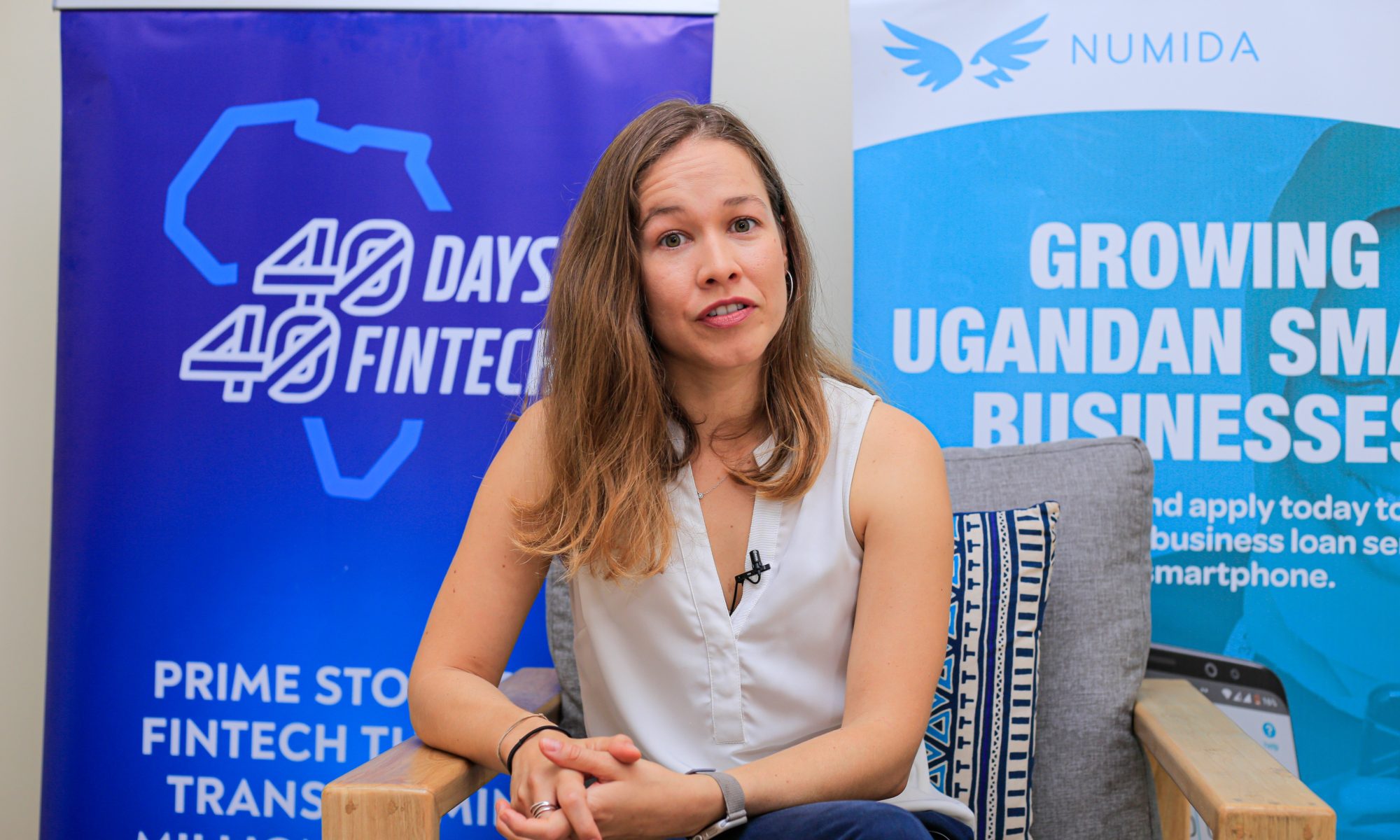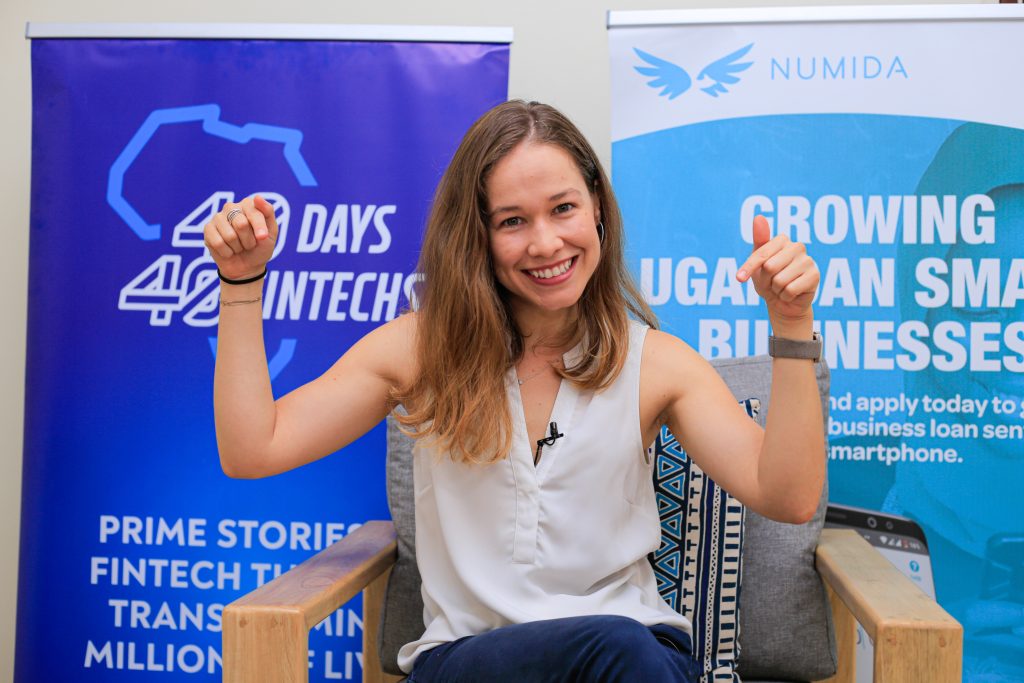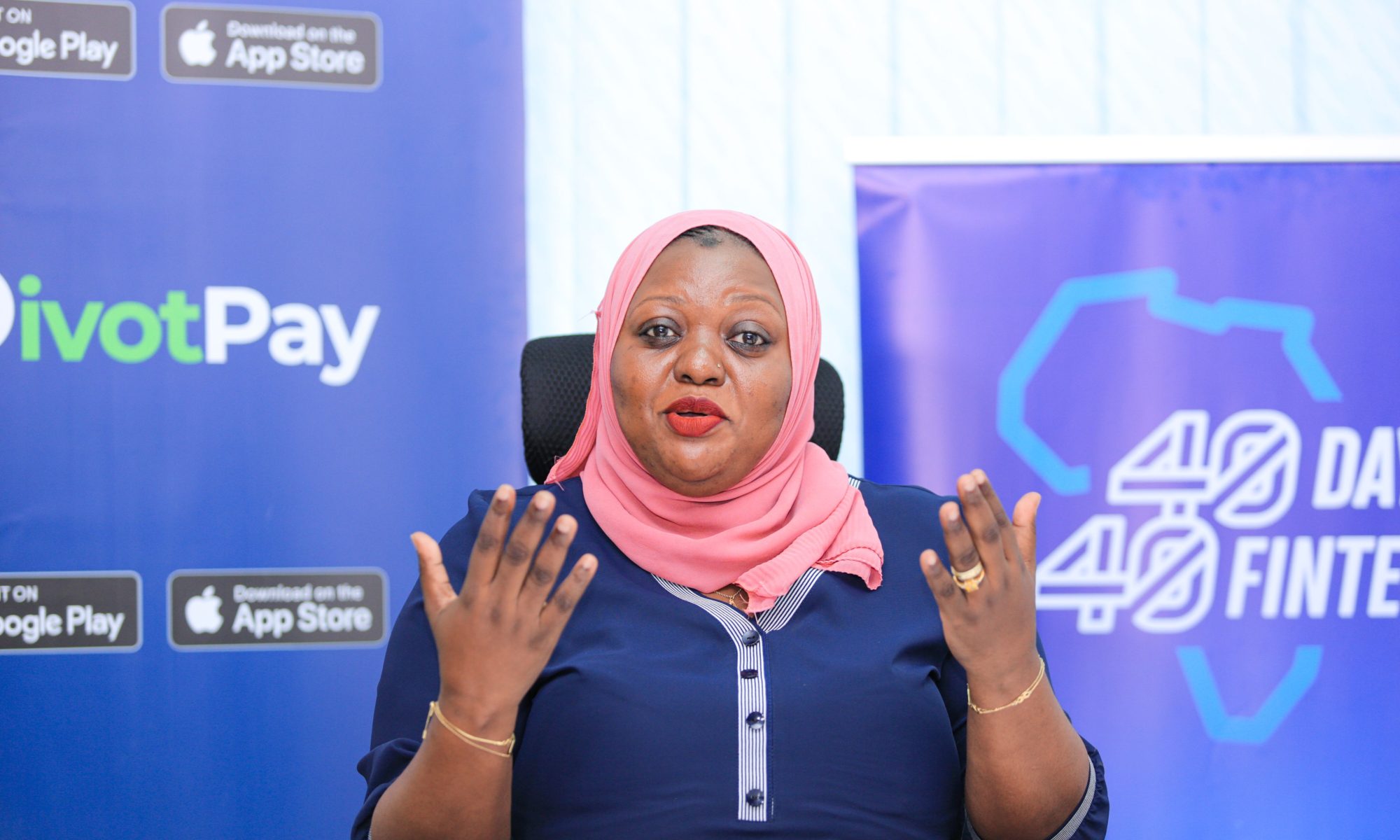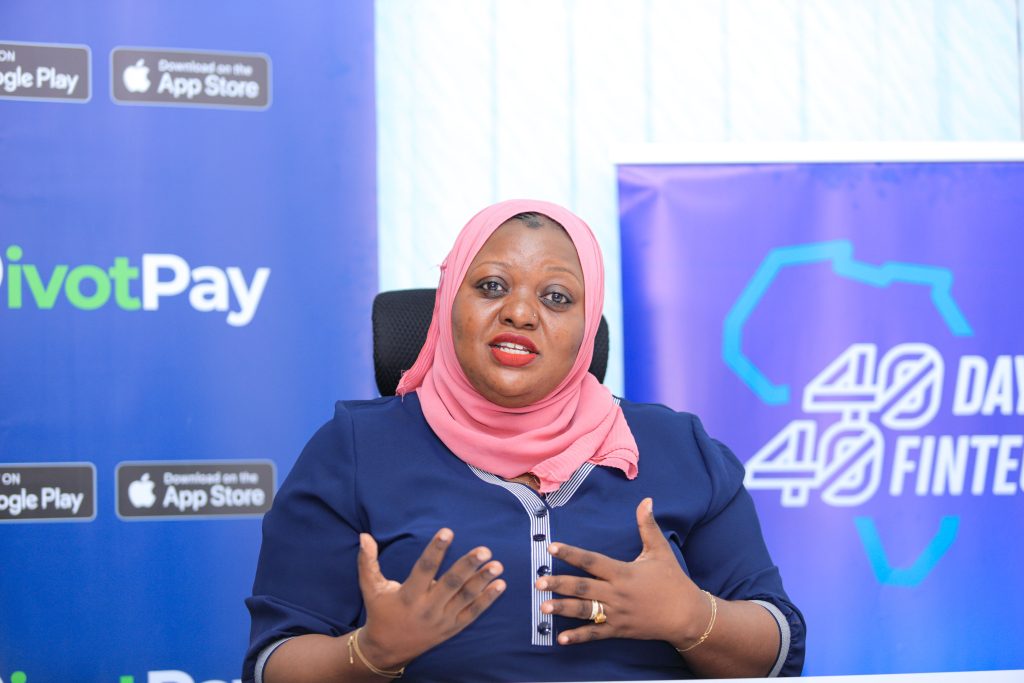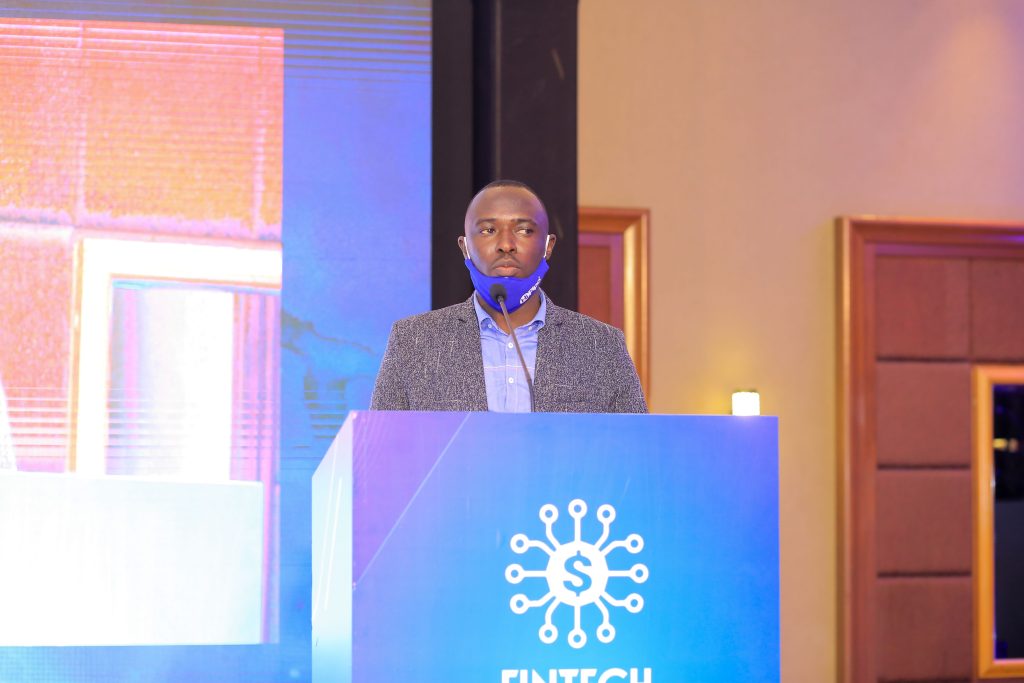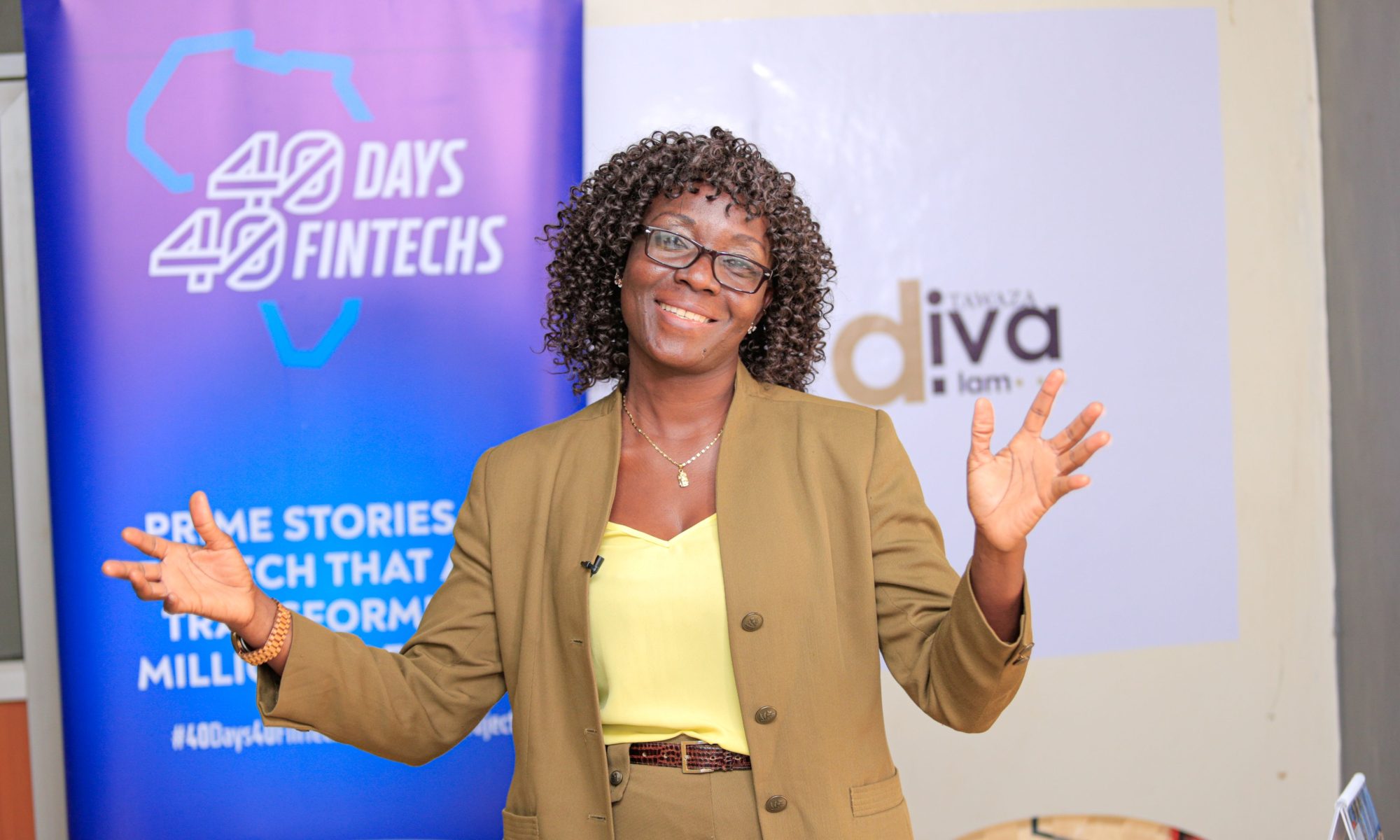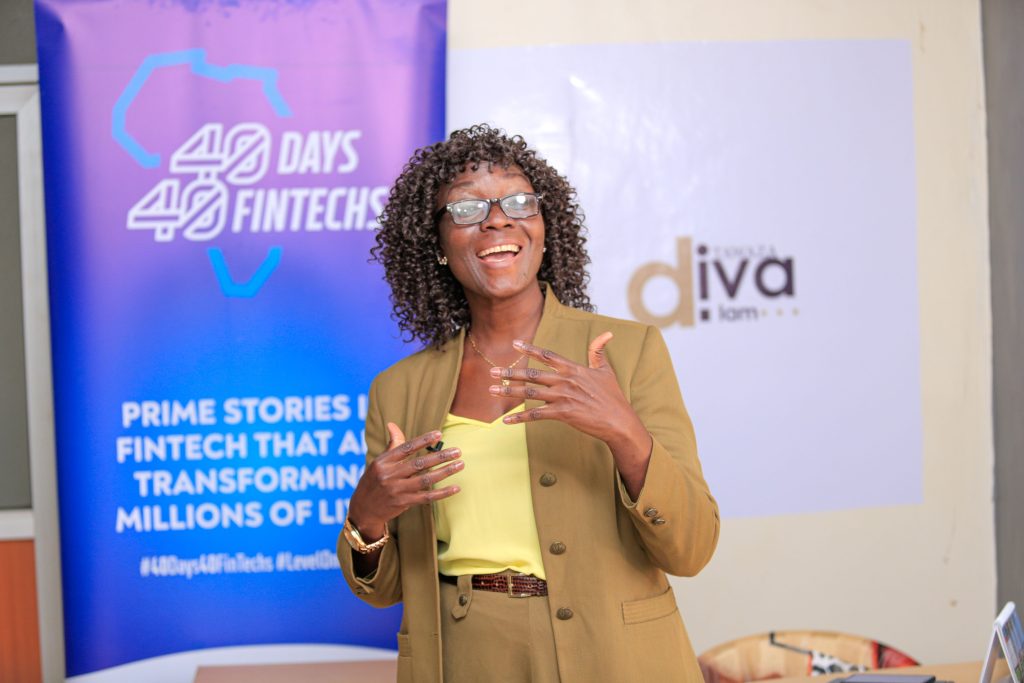Our Reporter.
One of the biggest bottlenecks of transferring funds from one country to another is the cost involved, especially if it involves different networks.
It is a problem that MFS Africa; a digital payments hub, is keen on mitigating by providing access to a world of innovative, simple, convenient, secure, affordable, and compliant mobile financial solutions for all.
It connects senders, recipients, and service providers across Africa’s fast-growing yet fragmented mobile payments ecosystem through the establishment of; access to speed and efficiency, access to the global digital economy, access to new options, access to new markets and new customers, access to scale, access to security, and access to endless opportunities among others.
According to Doreen Lukandwa, the VP Global Enterprise at MFS Africa, thisborderless hub acts as a one-stop center for any individual, business, or organization that wants to send or collect money from and to their final consumer in at least 34 African countries.
“The vision for MFS Africa is to make borders matter less. It is not enough to say that we can provide mobile money to people to be able to send money to a family member in Ethiopia, but it is to say that we can provide different sectors with these different solutions that we have within a single hub,” Lukandwa says.
For example, if you are a Ugandan business with a shop on Instagram, if you want a market from a consumer in Arua, you just have to promote the product on Instagram, connect through MFS Africa and you will be able to collect your payment through any of the mobile money networks in the country. So, the customer in Arua can select the item they want on Instagram, make a mobile money payment directly to you and then organize to deliver the paid-for product.
Lukandwa says one of the most powerful components of this platform is interoperability, backed by solid infrastructure that enables people to send money to anyone across the world through partners like WorldRemit.
“The fact that we are connected with over 180 telecoms, banks, and money transfer organizations, means that we are facilitating safe, affordable interoperability. For example, if I am a business in Uganda and I have to pay my staff in Kenya, our platform will actually confirm who the account holder is in Kenya,” she says, adding;
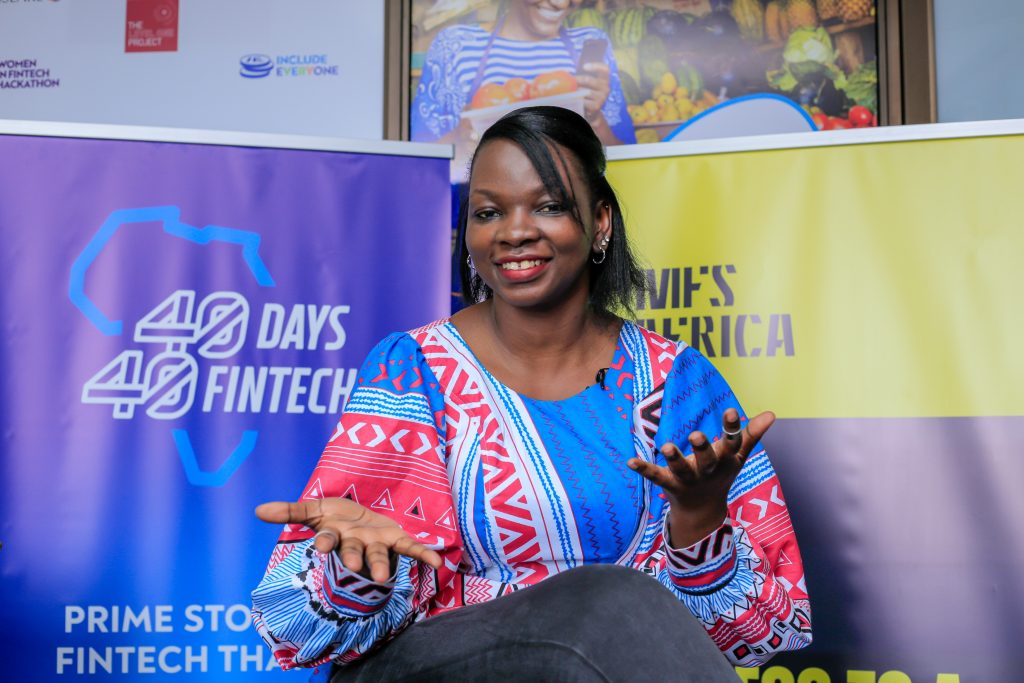
“But also in Uganda if you are paying somebody, our system will actually validate if the person you are paying is the right one. In that regard, we are de-risking payments; we are making it more affordable because of the interoperable capability.”
Lukandwa further notes that the Ugandan FinTech industry has shown significant growth with initiatives that seek to address day-to-day challenges.
“Rocket Health is addressing healthcare challenges; HiPipo is expanding and accelerating technical capabilities among Women in FinTech; SafeBoda is digitizing transportation, etc. The impact is not limited to just what we see here,” she said.
MFS Africa is the 32 (thirty-second) participant in this year’s 40 Days 40 FinTechs initiative that is showcasing evolving FinTechs fostering financial inclusion, especially for the people at the bottom of the pyramid.
Innocent Kawooya, the HiPipo CEO says the job being done by MFS Africa points to the right path in fulfilling the tenets of the broader Include Everyone program.
“As HiPipo, our extensive effort and advocacy is partly for the intention of championing digital innovation and interoperable instant and inclusive payment systems (IIPS) in Africa, and MFS Africa is doing just that. We hope they continue designing and deploying affordable and inclusive financial services that serve the rich and the poor,” Kawooya said.
First launched in 2020, the 40 Days 40 FinTechs initiative is a 40-days event that shines a spotlight on emerging FinTechs with unique stories. It provides a setting for the various players and stakeholders involved in digital and financial technology to exhibit their products and services and also share their ideas on how more people, especially those un-served and underserved by the present financial systems can be brought on board, with emphasis on interoperability.
Run under HiPipo’s Include Everyone program, the initiative offers FinTechs useful tools and an introduction to the industry’s latest technologies such as Mojaloop open source software, and guidance from Level One Project foundational material. The skills gained from this initiative cover Level One Project principles, instant and inclusive payment systems (IIPS), inclusive finance and FinTech in general.

